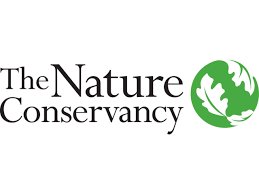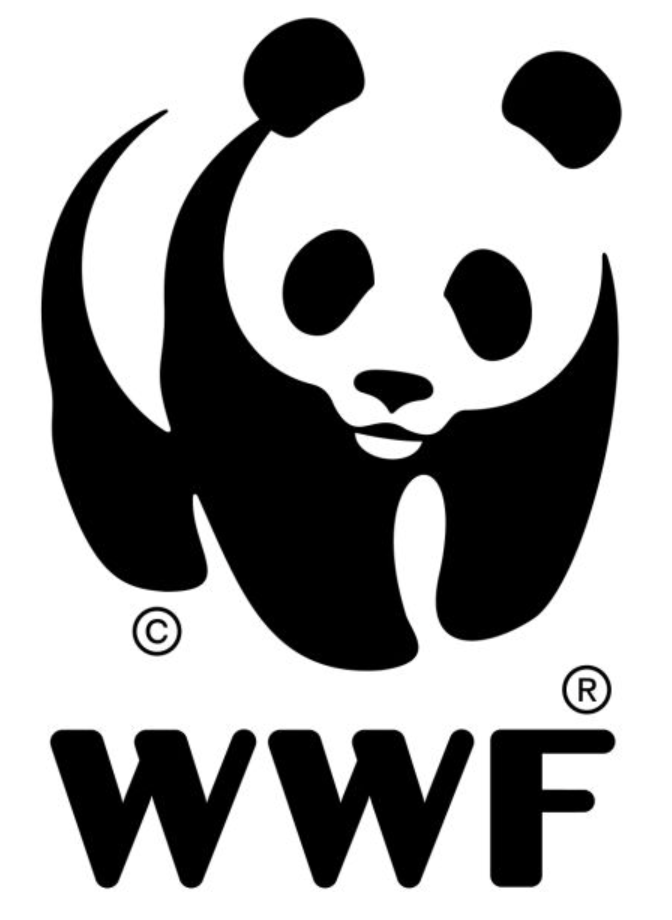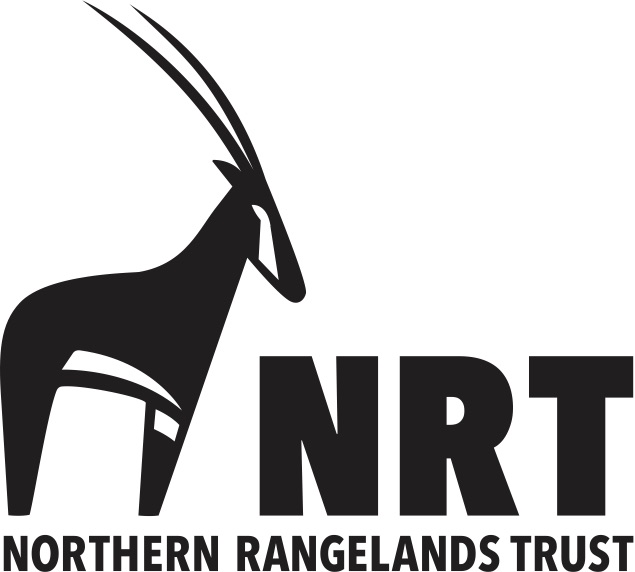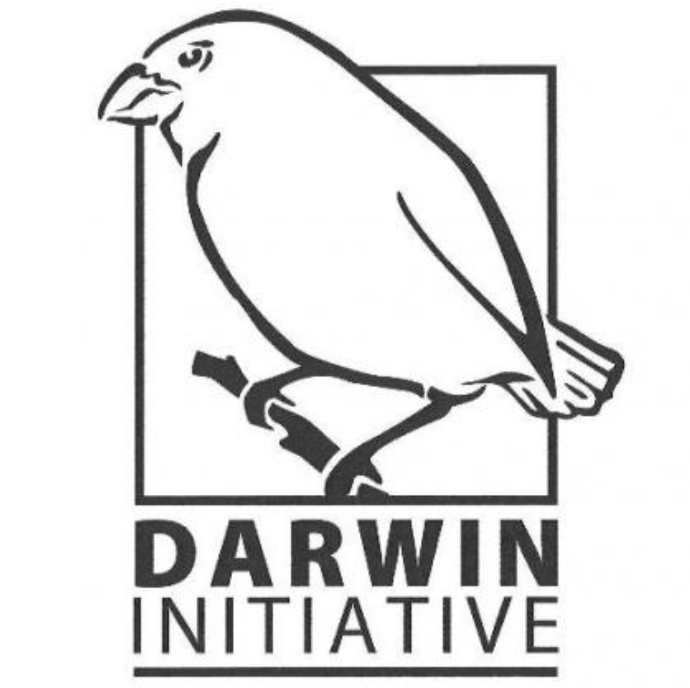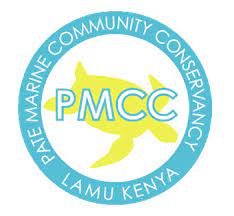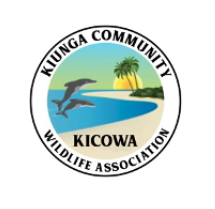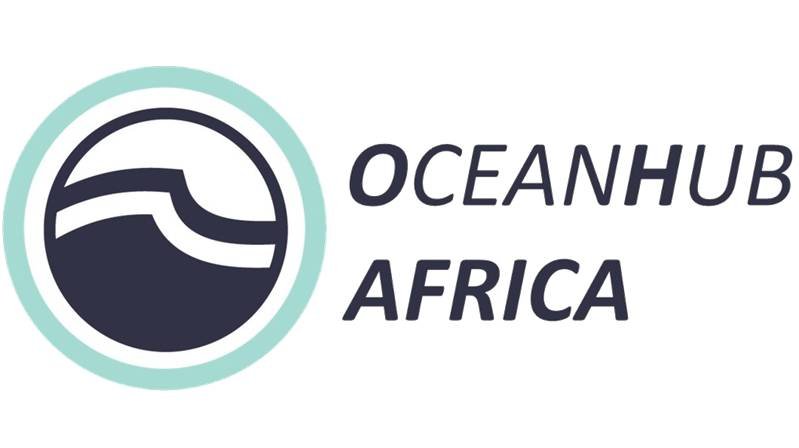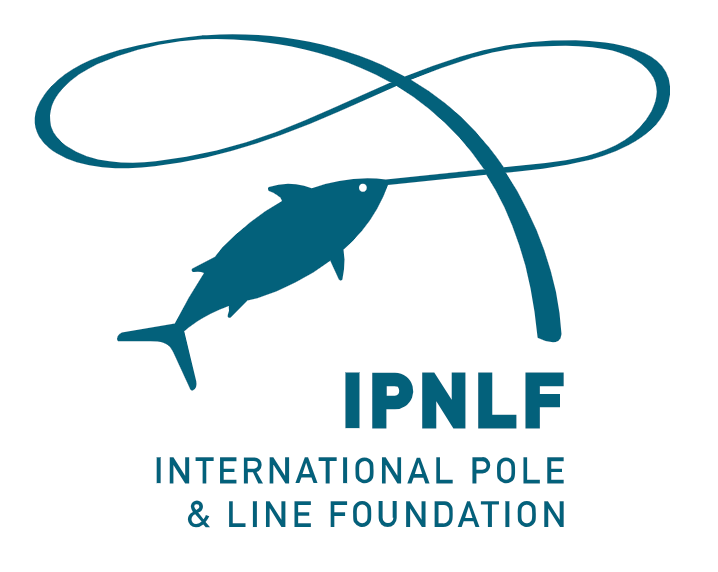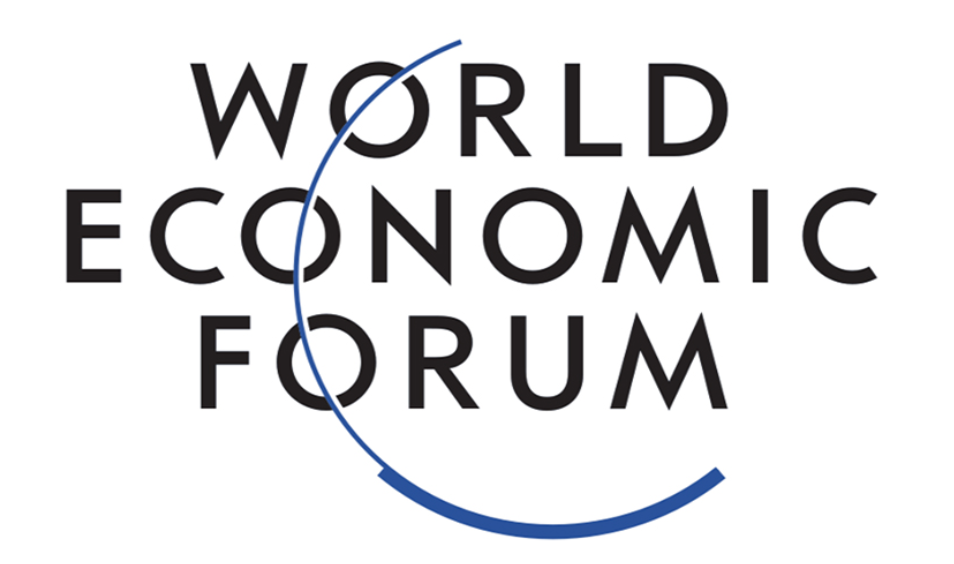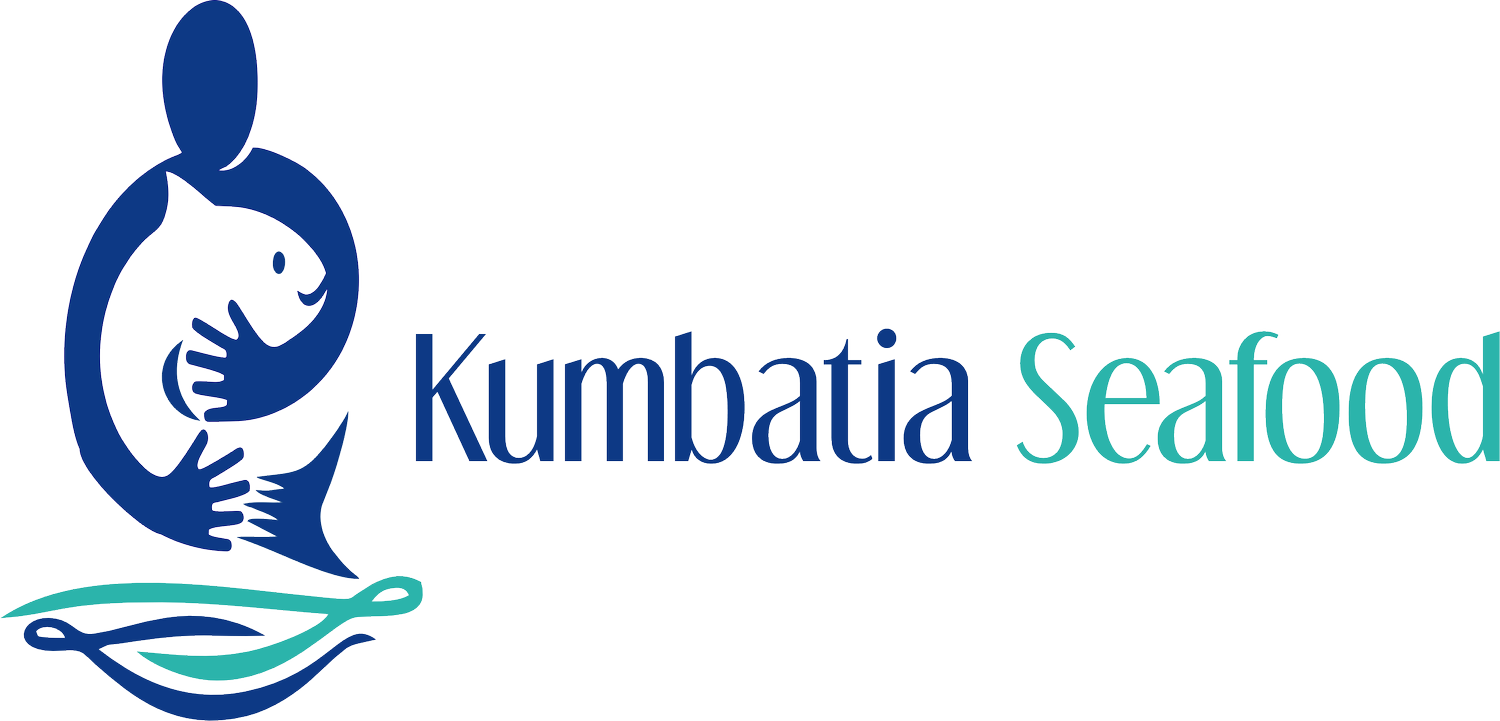We believe market-based conservation is the key to building more sustainable ocean food systems in Kenya
The Challenge
For most communities on the Swahili Coast, market access is minimal, seafood buying prices are low, input costs are high, and destructive fishing practices are common. While artisanal harvesters have demonstrated a willingness to fish more responsibly, interventions aimed at increasing sustainability have historically led to unchanged or even diminished income for fishers. As a result, harmful fishing practices persist and coastal Kenya’s poverty rate remains above 60%.
The Opportunity
By training on industry-best fish handling methods, financing and reducing fishing trip expenses, and implementing an efficient off-grid cold chain from boat to processing facility, Kumbatia empowers its network of fishers by giving them the skills and resources required to produce traceable and sustainable seafood of world-class quality. Seafood of this caliber has much higher demand and value than that which has historically been harvested from Kenya’s waters, meaning sustainability and quality compliant fishers are able to greatly increase their earnings and reduce their expenses by working with Kumbatia. This unique training, financing, logistics, and market-based conservation model creates an environment and incentive structure that results in world-class seafood, enhanced marine conservation, and improved livelihoods for artisanal fishing communities along East Africa’s Swahili coast.
Partnerships
-
Kumbatia has partnered with The Nature Conservancy, Flora & Fauna Int’l, Northern Rangelands Trust, and several community-based conservancies to implement a seafood program in the Lamu Archipelago aimed at improving market access and thus livelihoods for small-scale fishers committed to sustainable harvest practices.
-
Kumbatia has partnered with World Wildlife Fund on a program aimed at improving livelihoods and marine conservation for fishing communities and their surrounding ecosystems in Kenya’s Kilifi County.
-
Kumbatia was one of seven winners for the World Economic Forum’s Great Blue Wall Challenge. This competition looked for startups that will accelerate Africa’s Great Blue Wall Initiative, which has, “a bold vision to conserve, protect and restore 2 million hectares of ocean and coastal ecosystems by 2030 while unlocking the development of a regenerative blue economy for the people and the planet.”
-
Kumbatia is the major private sector partner to a Darwin Initiative aimed at - amongst other objectives - sustainably developing artisanal fishing communities in Northern Kenya through improved seafood and mangrove honey market access.
-
Kumbatia was a member of this program’s third cohort, which supports ocean-minded startups focused on, “nurturing an environmentally conscious and profitable economy that effectively mitigates the effects of global warming as well as the overexploitation and pollution of the oceans.”
-
Kumbatia is a participant in the Sidley Austin LLP program which provides free legal support to organizations that demonstrate, “clear social impact in developing countries across Africa, Asia, Central and South America and the Caribbean.”
